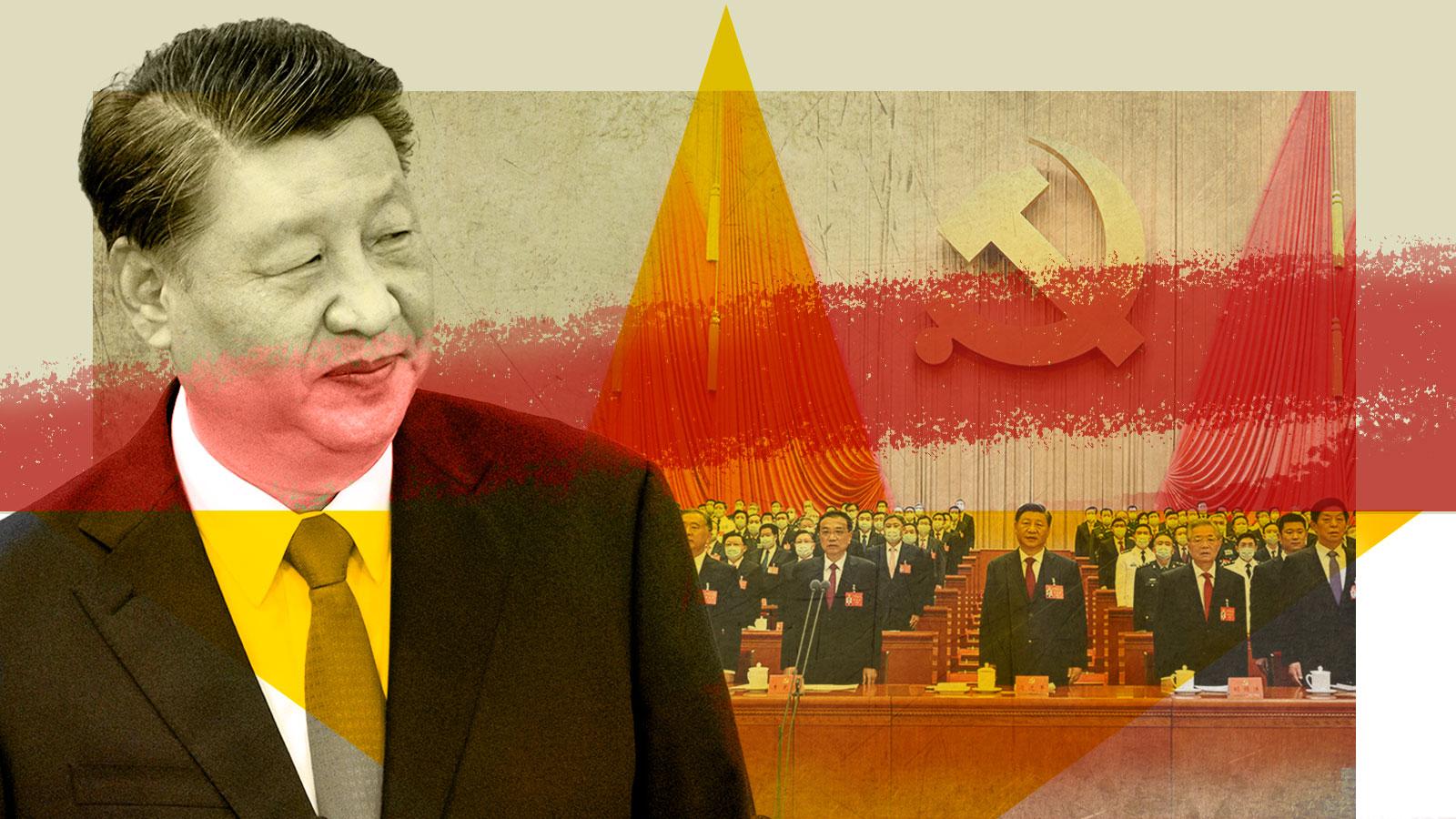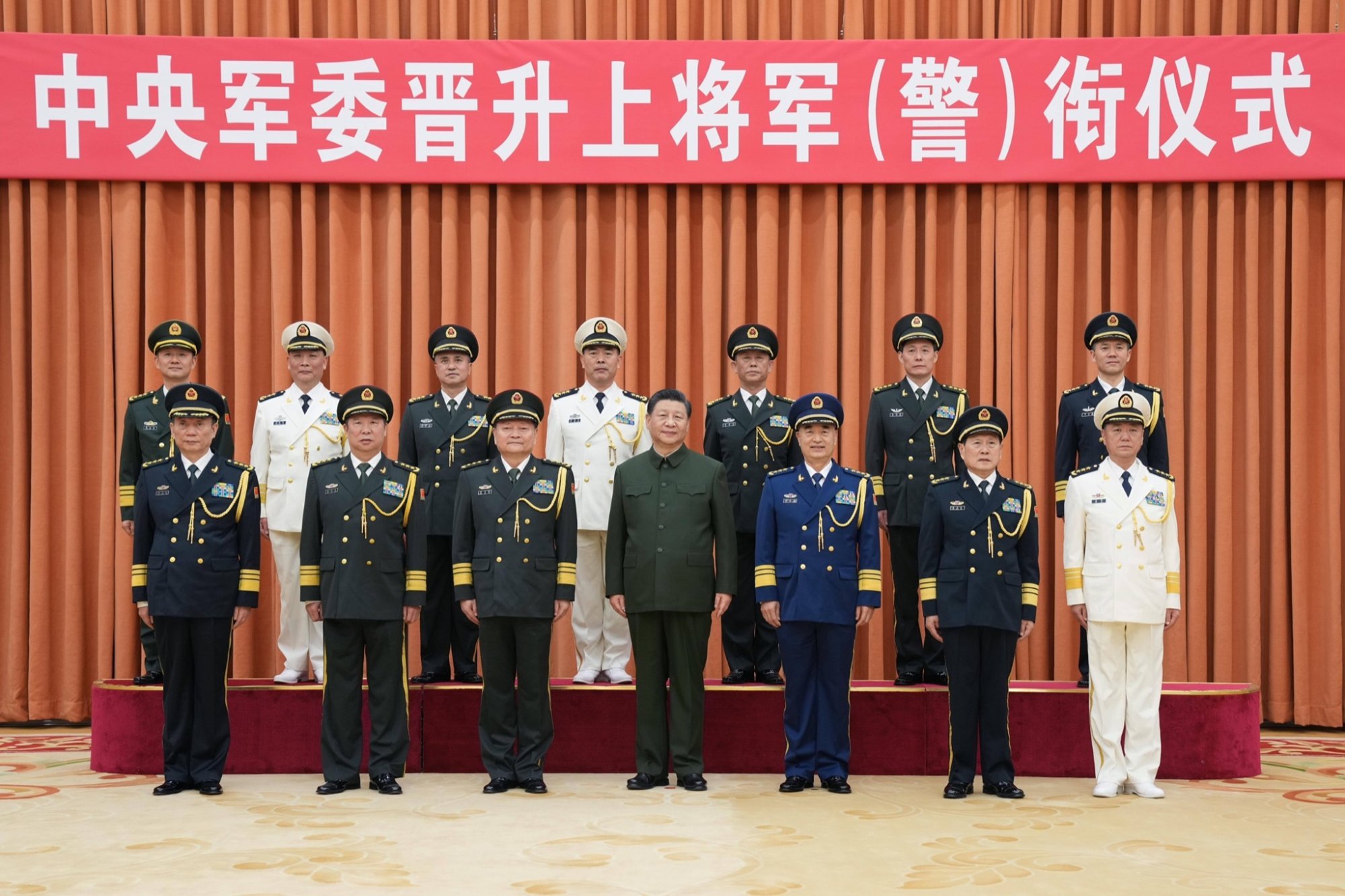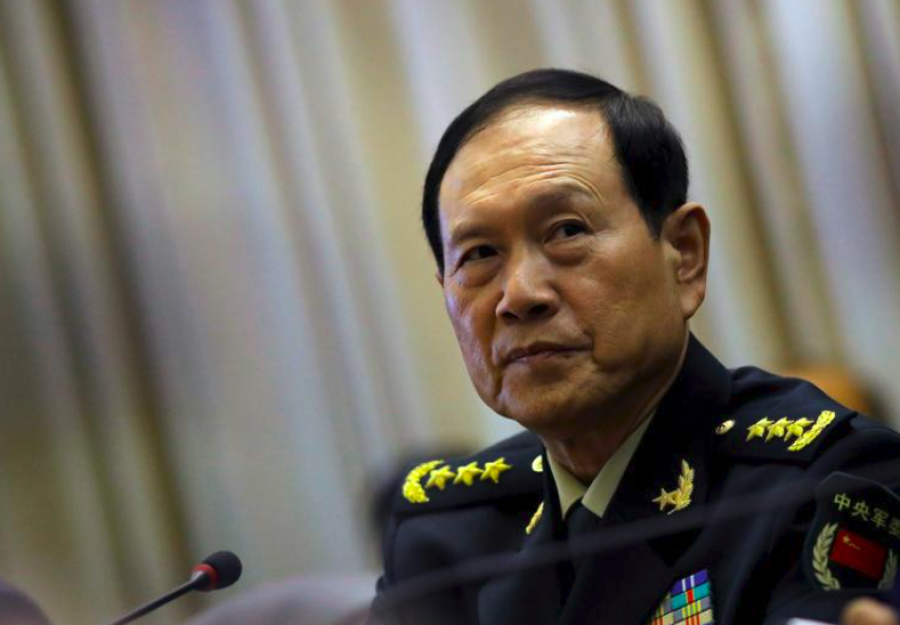China’s President Xi Jinping has ordered the removal nine senior military officers from the national legislative body, according to Reuters. Many military officers were from the Rocket Force, the People’s Liberation Army’s major arm in charge of tactical and nuclear missiles.
According to analysts, the broad purge of Chinese generals has exposed deep-rooted corruption in the People’s Liberation Army, which may take more time to resolve and may hinder Chinese leader Xi Jinping’s military modernization drive amid geopolitical concerns.
The purges are a blow for Xi Jinping, who has spent billions of dollars on purchasing and developing equipment as part of his modernization plans to create a “world-class” military by 2050.
However, the recent demise of generals and military equipment suppliers has pierced some of this halo, raising questions about whether there has been adequate oversight over these massive military investments as China competes with the U.S. in key areas such as Taiwan and the South China Sea.
Since taking power in 2012, Xi Jinping has launched a broad anti-corruption campaign against the Communist Party and government officials, with the People’s Liberation Army being one of the main targets.
The nine People’s Liberation Army generals ousted from China’s legislature came from various military divisions:
- Three were previous Rocket Force commanders or vice commanders.
- One was a former Air Force head.
- One was a Navy commander in charge of the South China Sea.
Four officers were in charge of the equipment.
“It is a clear sign that they are being purged,” said Andrew Scobell, Distinguished Fellow for China at the U.S. Institute of Peace.
Beijing did not explain the removal of the generals. Some observers say the evidence alludes to corruption in the People’s Liberation Army Rocket Force’s equipment purchase.
“More heads will roll.” “The purge focused on the Rocket Force is not over,” said Alfred Wu, associate professor at Singapore’s Lee Kuan Yew School of Public Policy.
Wei Fenghe, a former defence minister who led the Rocket Force, has also disappeared. When queried about his movements in August, a defence ministry official stated that the military has zero tolerance for wrongdoing.
After vanishing for months, his successor, Li Shangfu, was abruptly ousted as defence minister in October without explanation. He was previously in charge of the equipment section. On Friday, one of his former deputies was dismissed from parliament.
On the same day, Li’s replacement as defence minister was named Dong Jun, a Chinese ex-Navy chief with South China Sea experience.
While the Chinese military has long been renowned for corruption, analysts believe the scope of the new campaign and the involvement of the Rocket Force is stunning.
“This part of the People’s Liberation Army would have the most rigorous vetting process for senior officers, given the importance of having highly trusted men in charge of China’s nuclear weapons,” said Dennis Wilder, senior fellow at Georgetown University’s Initiative for US-China Dialogue on Global Issues.
“Moreover, it seems to have involved several senior men rather than one ‘bad apple’.”
Analysts say removing senior military officers may temporarily weaken the Rocket Force until Xi can put the house in order.
“The strategic nuclear force is what China relies on as the bottom line of its national security, and the last resort on Taiwan,” Yun Sun, Director of the China Program at the Stimson Center in Washington, D.C., said.
“It will take time for China to clean up the mess and restore trust in the Rocket Force’s competence and dependability.” It suggests that China is currently in a weaker position.”
Sun labelled Xi’s anti-corruption campaign as a Sisyphean task “that can never be completed.”
Analysts believe the Chinese military’s chronic corruption must endure in the long run since certain core problems, such as low officer pay and opacity in military spending, have not been addressed.
According to Chen Daoyin, a former associate professor at Shanghai University of Political Science and Law, the continuous campaign may deter Xi from risking major battles with foreign forces in the coming 5-10 years.
“Before realizing how widespread corruption was, he drank his Kool-Aid and believed the military could truly ‘fight and win battles,'” said Chen, a political commentator residing in Chile.
“How can the generals’ hearts be in fighting if they are only concerned with lining their pockets?” Xi now understands that their declarations of commitment to the party and the military are empty. I guess this would knock his confidence a little.”
China’s Vice Admiral Dong Jun Appointed Defence Minister








